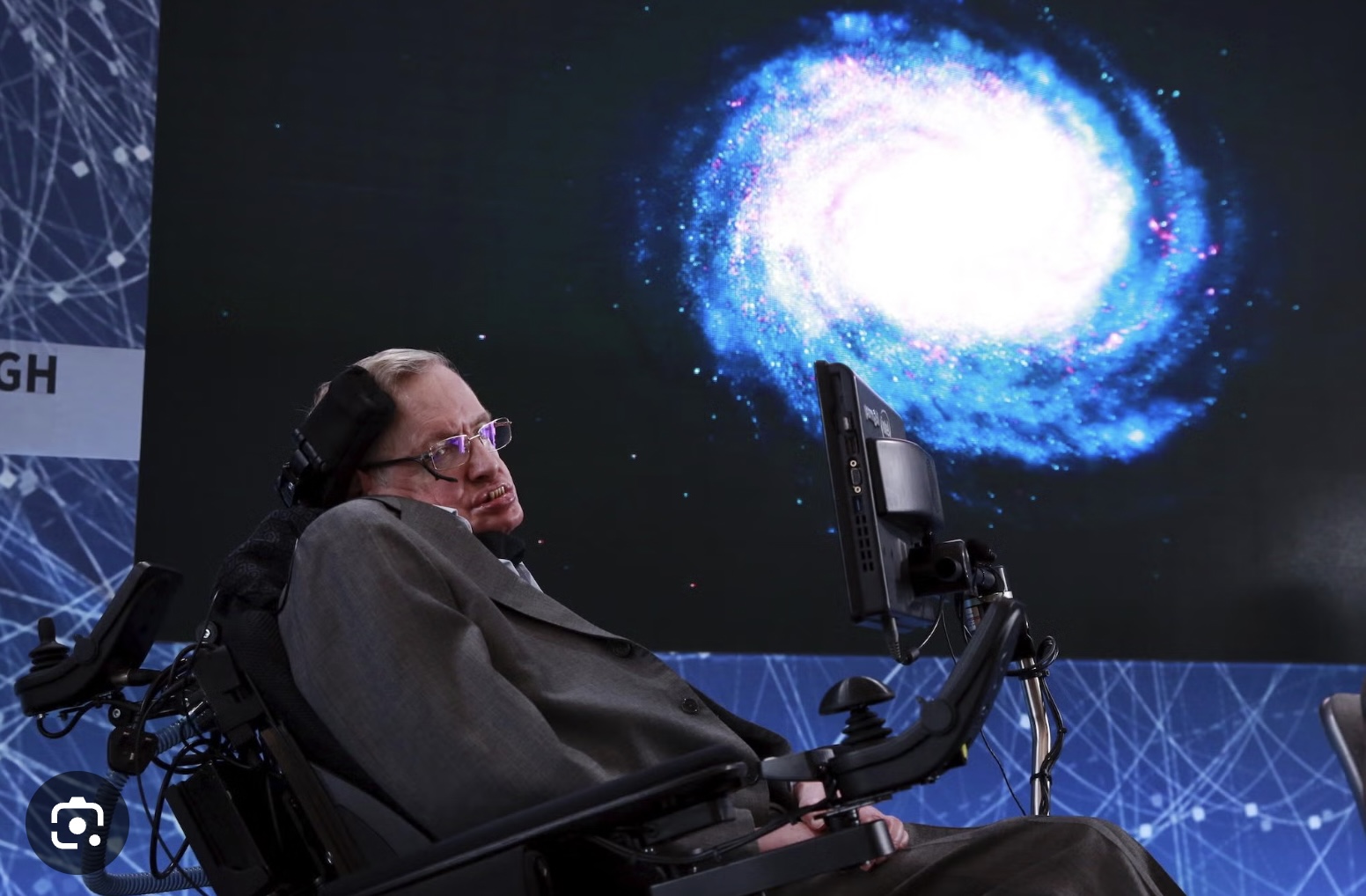Last year, the defense department released recorded infrared videos from the U.S. Navy, which displayed encounters with numerous "unidentified aerial phenomena." These objects, if they were some form of craft, appeared to defy the fundamental laws of physics.
While the origin of these unidentified objects is still uncertain, with possibilities ranging from Russia or China to a terrestrial source, many argue that terrestrial origin might be preferable for humanity than potential contact with extraterrestrial technology.

A recent opinion piece authored by former Nature Editor Mark Buchanan warns that we should exercise caution regarding alien contact at our current stage of evolution. Buchanan initiates his op-ed in The Washington Post by stating, "Chances are, we should all be thankful that we do not yet possess any evidence of contact with alien civilizations."
"Attempting to communicate with extraterrestrials, if they indeed exist, could pose significant risks to us," Buchanan adds.
"It's 'wiser to just wait' for first contact with aliens," Buchanan suggests. If we pursue contact with advanced alien civilizations, he emphasizes the need for extreme caution.
"The search for aliens has reached a level of technological sophistication and associated risk that necessitates stringent regulation at both national and international levels," states Buchanan. In his view, an individual's actions could have a disproportionate impact on all of humanity, affecting the future of the entire planet while gaining access to powerful transmitting technology.
Buchanan does not believe that we should entrust the future of humanity to "a handful of radio astronomers." Given the relative youth of our solar system on cosmic scales, Buchanan speculates that other civilizations in the cosmos might be millions of years ahead of us in cultural and technological evolution. History has shown that when one highly advanced civilization encounters a relatively primitive one, it does not bode well for the latter.
Considering the potential risks associated with first contact with a "superpowered" alien race, Buchanan believes it is "wiser to just wait" before reaching out to extraterrestrial life. Before taking further action in the interstellar arena, he suggests that the global community should develop concrete approaches to various scenarios and consider the development of sensible regulations.
Stephen Hawking, a renowned physicist, also cautioned against premature alien contact. In July 2017, he expressed deep concerns about humans making contact with extraterrestrial life, emphasizing the need to exercise caution.

"One day, we might receive a signal from a planet like this, but we should be cautious about responding," Hawking stated in a documentary called "Stephen Hawking's Favorite Places." He compared meeting an advanced civilization to the encounter between Native Americans and Columbus, which did not end well for the former.
While there is the possibility of benign first contact with an alien race, where a friendly federation of alien races comes in peace, it is not the historical precedent on Earth. Societies have not always treated each other kindly.
This article was originally published in Interesting Engineering.



